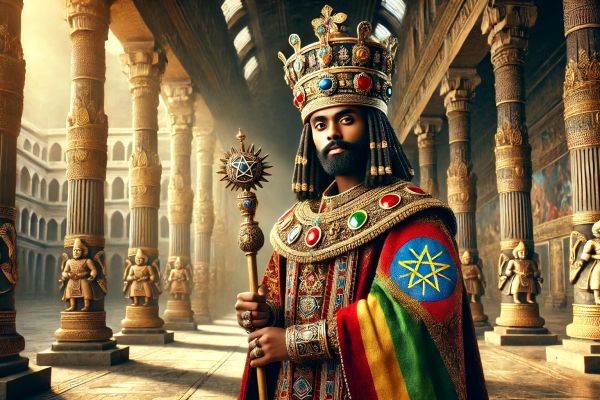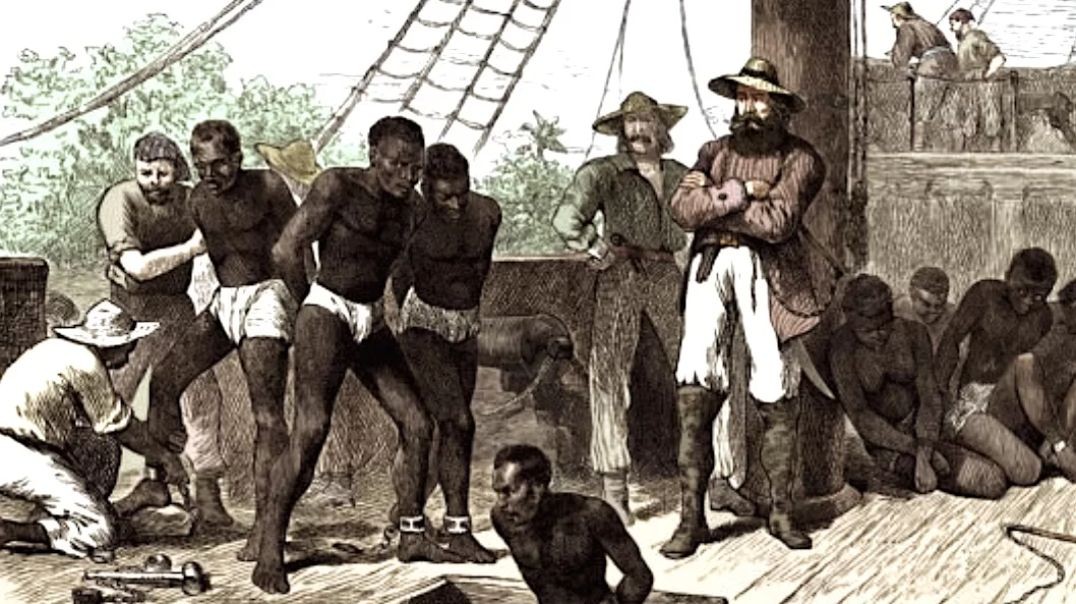Emperor Tewoflos of Ethiopia: A Historical Legacy
The history of Ethiopia is marked by a lineage of powerful emperors, each contributing uniquely to the country's political and religious landscapes. Among these figures stands Emperor Tewoflos, whose reign in the early 18th century shaped both the internal dynamics and foreign relations of Ethiopia. This article delves into his life, reign, challenges, and legacy, offering a comprehensive view of an emperor who ruled during a transformative period.
Table of Contents
- Historical Background and Ethiopia’s Geopolitical Context
- The Early Life of Emperor Tewoflos
- Ascension to the Throne
- Religious Policies and Conflicts
- Political Challenges and Governance
- Military Campaigns and Defense Strategies
- Foreign Relations and Diplomacy
- Cultural and Social Developments under Tewoflos
- The Decline and End of His Reign
- Legacy of Emperor Tewoflos
- Conclusion
- Frequently Asked Questions about Emperor Tewoflos
1. Historical Background and Ethiopia’s Geopolitical Context
To understand Emperor Tewoflos’s reign, it’s essential to examine Ethiopia’s position in the 17th and 18th centuries. Ethiopia, a powerful kingdom in Eastern Africa, was influenced by neighboring Muslim sultanates, European colonial ambitions, and internal Christian power struggles. With its stronghold in the Ethiopian highlands, the Solomonic dynasty, to which Tewoflos belonged, claimed descent from King Solomon and the Queen of Sheba, consolidating their rule through both political might and religious legitimacy.
2. The Early Life of Emperor Tewoflos
Tewoflos was born into an environment steeped in the traditions of the Solomonic dynasty, with strict adherence to Christianity and royal duties. Little is documented about his early life, yet historical sources suggest he was groomed for leadership and was influenced by the religious authorities and royal advisors surrounding him. His upbringing was marked by exposure to the clergy and court officials who would later influence his decisions as emperor.
3. Ascension to the Throne
Emperor Tewoflos ascended the throne in 1708 during a period of religious and political turmoil. The process of succession in Ethiopia’s monarchy was complex, often fraught with rivalries among nobles and religious leaders. Tewoflos’s ascension signified a consolidation of power by the ecclesiastical elite, who saw in him a ruler who would uphold the Christian values central to Ethiopian identity.
4. Religious Policies and Conflicts
Religion was central to Tewoflos's reign, and his policies sought to strengthen the Ethiopian Orthodox Church. He took significant steps to protect Orthodox Christianity against foreign influences and internal divisions, aligning closely with the clergy. Tewoflos enacted reforms aimed at reducing the influence of Muslim and Catholic minorities, which often led to conflicts with neighboring Islamic sultanates and European missionaries.
5. Political Challenges and Governance
Tewoflos’s reign was marked by political strife, with challenges arising from rebellious factions within the nobility and regional governors. His efforts to centralize power were met with resistance, especially from influential provincial rulers who sought greater autonomy. Tewoflos implemented strict measures to assert imperial control, often resulting in punitive actions against dissenters.
6. Military Campaigns and Defense Strategies
Throughout his reign, Tewoflos faced threats from neighboring states and internal insurrections. His military campaigns were largely defensive, aiming to protect Ethiopia’s borders and suppress internal revolts. He strengthened the army and developed defensive strategies to counter the persistent threats posed by surrounding Islamic forces and rival clans.
7. Foreign Relations and Diplomacy
Tewoflos maintained a cautious approach to foreign relations. Ethiopia’s unique position as a Christian kingdom surrounded by Muslim territories meant that diplomacy required careful negotiation. While he resisted European missionary efforts, Tewoflos sought alliances that would bolster Ethiopia’s sovereignty without compromising its religious integrity. This balance proved challenging, particularly in dealings with the Ottoman Empire and regional Muslim leaders.
8. Cultural and Social Developments under Tewoflos
The reign of Emperor Tewoflos was not only characterized by political and religious matters but also witnessed a flourishing of Ethiopian culture. He was a patron of the arts, and his court became a hub for literature, music, and religious scholarship. This period saw the completion of significant religious manuscripts and the construction of churches that contributed to Ethiopia’s rich cultural heritage.
9. The Decline and End of His Reign
The latter part of Tewoflos’s reign was marked by increasing isolation and conflict. His stringent policies alienated many nobles and religious leaders, and his health reportedly declined due to the immense pressures of ruling. In 1711, Emperor Tewoflos’s reign came to an end, leading to a period of instability that would shape Ethiopia’s future political landscape.
10. Legacy of Emperor Tewoflos
Tewoflos is remembered as a devout, albeit controversial, emperor. His commitment to Orthodox Christianity and attempts to consolidate the empire under a unified religious and political banner left a lasting impact on Ethiopian governance. Despite the challenges he faced, Tewoflos's reign solidified Ethiopia’s cultural identity and religious traditions, setting a precedent for his successors.
11. Conclusion
Emperor Tewoflos’s rule exemplifies the challenges faced by a monarch in a diverse and divided empire. His efforts to preserve Ethiopia’s Christian heritage amidst external and internal pressures demonstrate his resilience and commitment to his faith and nation. Tewoflos’s legacy continues to be honored in Ethiopian history as a symbol of steadfast leadership.
12. Frequently Asked Questions about Emperor Tewoflos
Q1: What were Emperor Tewoflos’s major achievements?
A: Tewoflos is known for his dedication to the Ethiopian Orthodox Church, his defensive military campaigns, and his support for cultural development.
Q2: Why did Emperor Tewoflos face opposition during his reign?
A: His strict religious policies and attempts to centralize power led to conflicts with provincial rulers and religious minorities.
Q3: How did Tewoflos’s reign impact Ethiopia’s religious landscape?
A: Tewoflos reinforced Orthodox Christianity, marginalizing other religious influences, which helped shape Ethiopia’s religious identity.
Q4: What challenges did Tewoflos encounter in foreign relations?
A: As a Christian kingdom in a predominantly Muslim region, Ethiopia faced complex diplomatic relations, especially with the Ottoman Empire.
Q5: How is Emperor Tewoflos remembered in Ethiopian history?
A: He is remembered as a devout ruler who up








